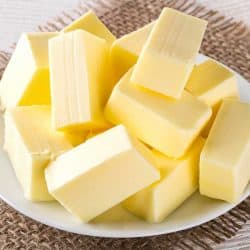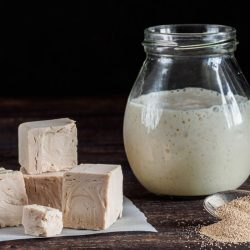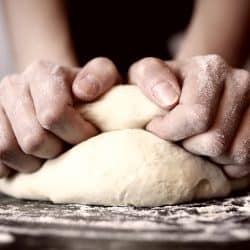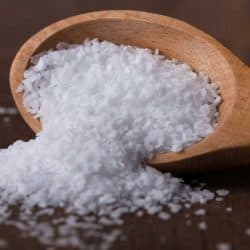Butter is a common ingredient used for baking. It provides a rich, creamy flavor and adds moisture to cookies, cakes, muffins, and breads. Frustratingly, many recipes out there don't specify whether to use unsalted or salted butter. We've done the research for you and found the best butter for the job.
When it comes to baking, unsalted butter is the most suitable choice. Its neutral flavor gives you complete control over your baked goods' taste, without the added sodium that salted butter contributes. Therefore, if your recipe doesn't state whether to use unsalted or salted butter, you should always opt for unsalted.
Knowing that unsalted butter is best for baking is the first step in ensuring that your sweet treats turn out delicious. Now, we're going to delve into each butter type's advantages and disadvantages and address some questions that you may have. Keep reading to learn how to optimize your baking experience with butter.

Unsalted Vs. Salted Butter: The Advantages and Disadvantages
Unsalted Butter
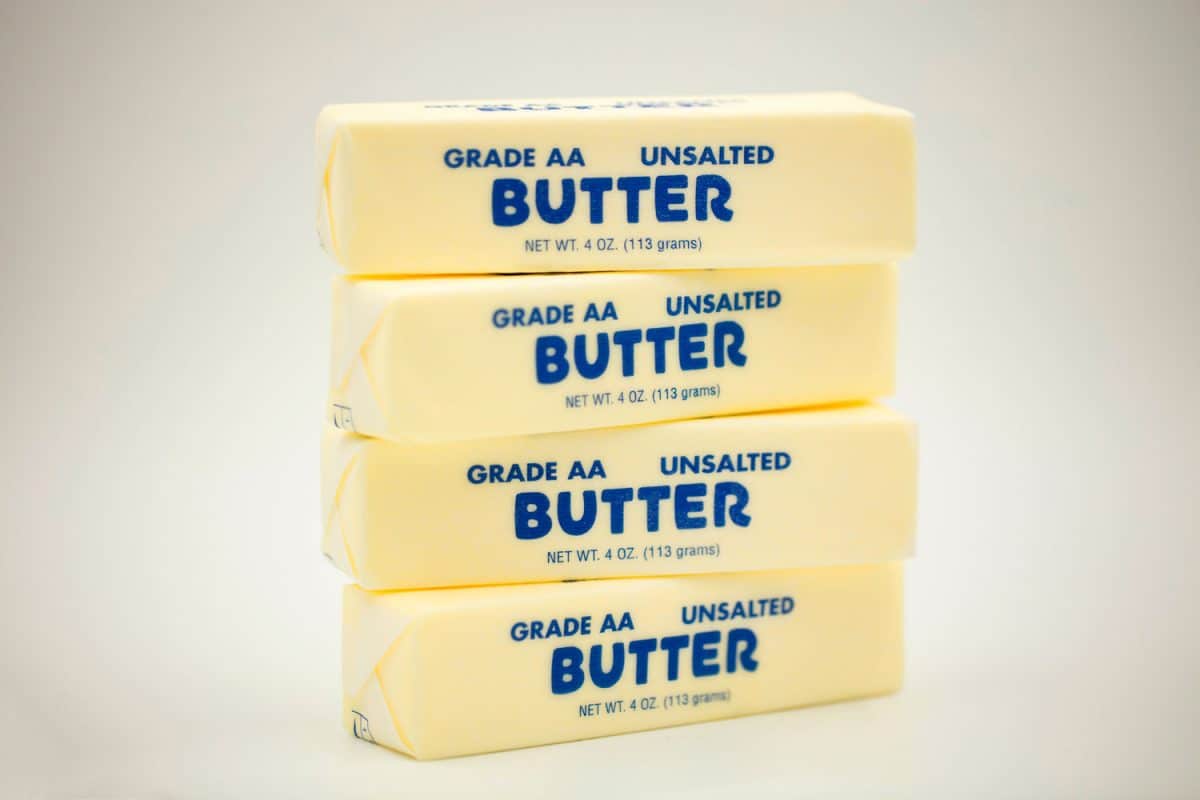
Advantages
- Contains only one ingredient: Sweet cream is the only ingredient used for unsalted butter; this means no preservatives or additives!
- Has a neutral flavor: Unsalted butter lets other flavors in your recipes shine through. Pound cake and fruit cobblers taste better without a lot of saltiness.
- Enables you to control the amount of sodium in recipes: There's no hidden sodium lurking in your butter; the salt you put in is the salt you get.
Disadvantages
- Has a shorter shelf life: Since there are no preservatives, it has a considerably shorter shelf life than salted butter.
Salted Butter
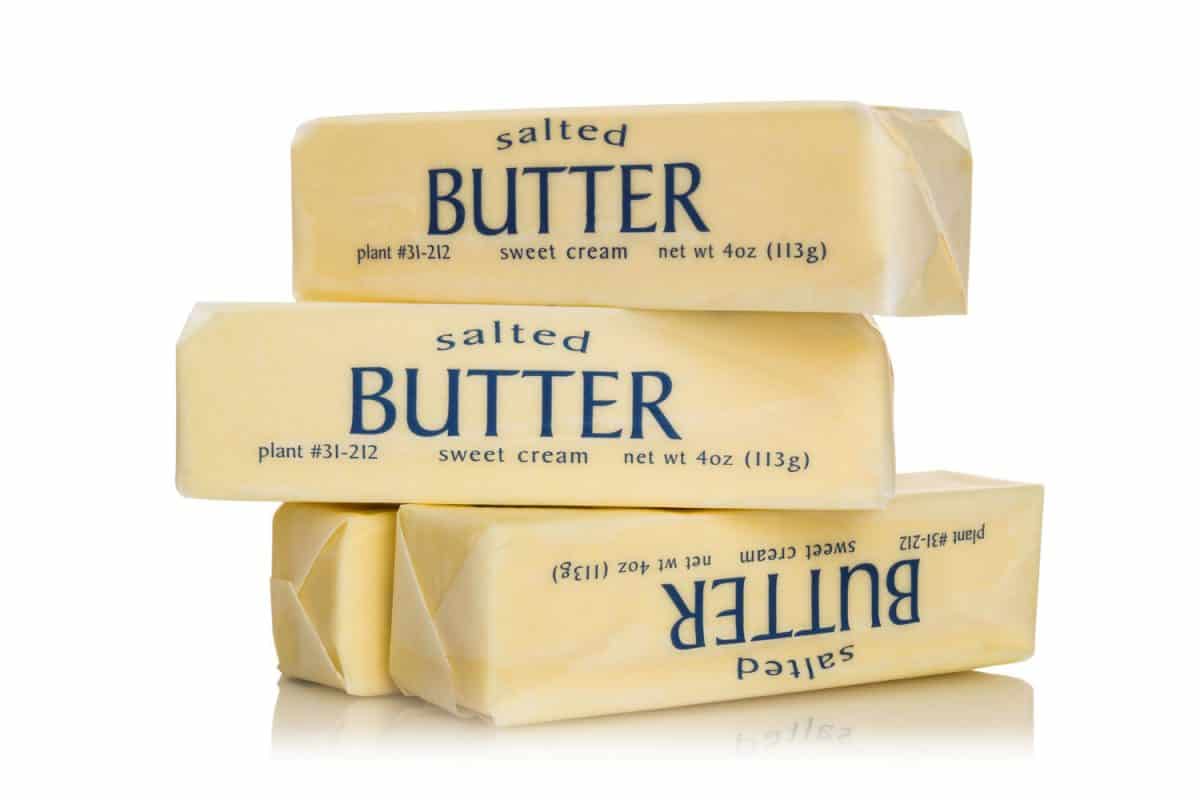
Advantages
- It Has a distinct flavor: Some baking recipes taste better with salted butter, like salted butter and coffee cookies.
- Has a longer shelf life:Salt acts as a preservative to give salted butter a five-month shelf-life; unsalted butter has a three-month shelf life in comparison.
Disadvantages
- May not be suitable for sodium-controlled diets: If you're watching your sodium intake, be aware that salted butter adds about 90 milligrams of sodium per tablespoon, depending on the brand name.
As you can see, the pros outweigh the cons of both unsalted and salted butter. You may be wondering if it's okay to substitute salted for unsalted butter when baking. The answer is yes--with a few modifications. Next, we'll look at some changes you will need to make when using salted in place of unsalted butter.
Should I Omit Salt if Using Salted Butter?
If a recipe calls for unsalted butter, but you only have the salted variety on hand, then the solution is to reduce the salt by 1/4 teaspoon for every one stick of butter. Reducing the salt this way will ensure that your food has the desired taste.
It's also important to note that salted butter contains more water than unsalted. Although you can't see the ingredient label's water content, salted butter can have up to 18% water. Extra water can mean a bad texture when it comes to baked goods, potentially ruining your cakes and pastries; this is a good reason why you don't want any unnecessary salt added when baking.
Will Salted Butter Kill Yeast?

When baking bread, getting the right yeast to salt ratio can be tricky. Too much salt can slow yeast's growth, and large amounts can ultimately kill it. That doesn't mean that you can't mix yeast and salt; it simply means not allowing the salt to sit on top of the yeast for an extended period.
Adding salt to yeast can be a good thing, as it adds flavor and a sturdy structure to the bread dough. With the right amount of patience and practice, you can achieve the perfect balance between yeast and salt to produce tasty, fluffy bread loaves. Click here to see this recipe for dinner rolls using salted butter.
Instant yeast is more stable when added to salt. Click here to see this two-pack of instant yeast on Amazon.
What Happens if You Forgot Salt in Baking?
What happens if you accidentally forgot to add the salt while baking? Well, that depends on the recipe. For cookies, cakes, brownies, and muffins, salt's absence won't make a huge difference. Since salt is a great flavor enhancer, forgetting it may leave your desserts tasting a bit off.
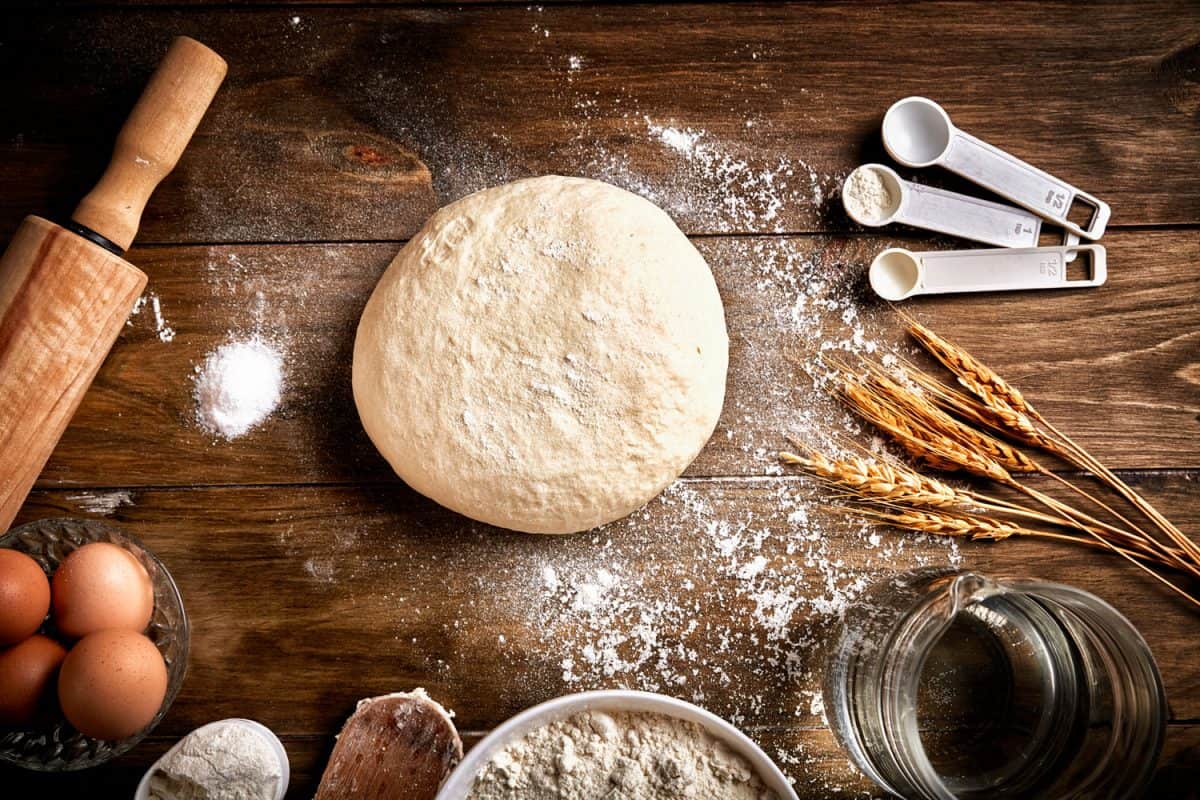
If you forgot the salt in your bread recipe, the results wouldn't be so forgiving. Yeast growth will likely get out of control without the required salt, making for sticky and unmanageable bread dough. The absence of salt will also cause pale, uneven crusting and a bland taste.
Is Unsalted Butter Healthier?
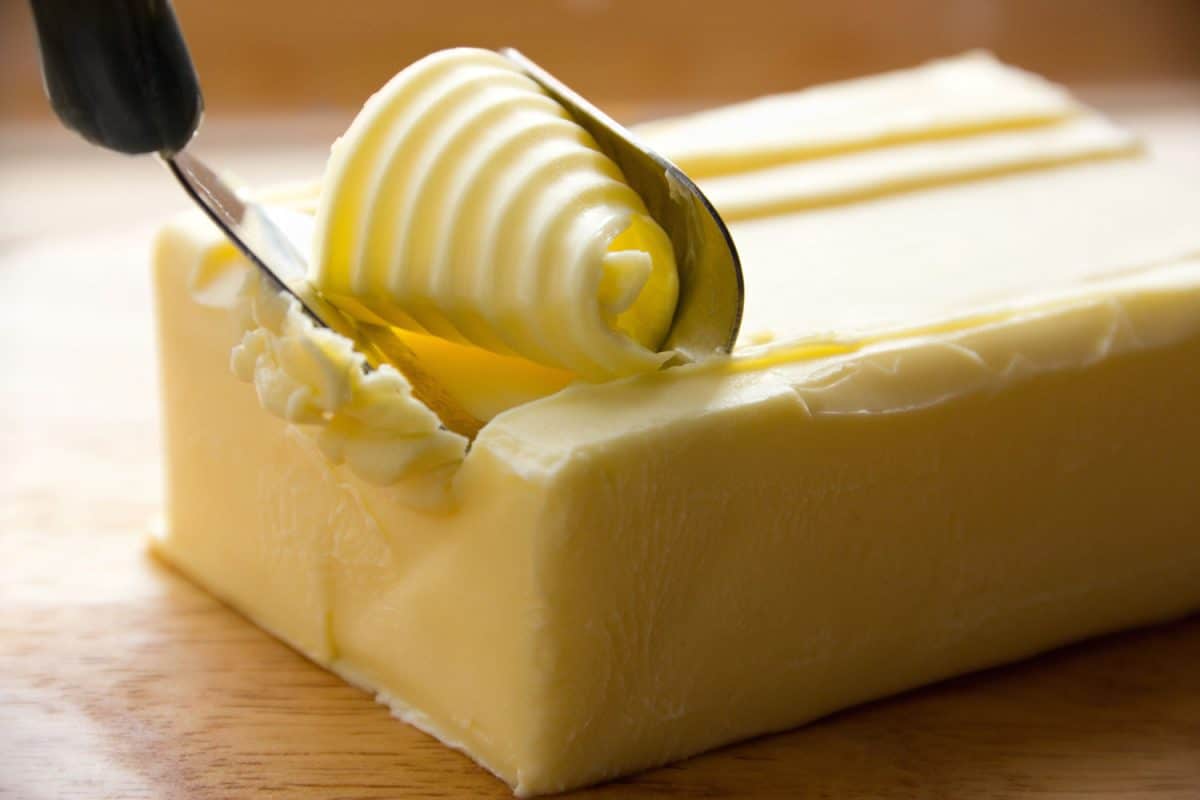
Unsalted and salted butter match word for word on the ingredient label except for one ingredient: salt. Salted butter contains approximately 90 milligrams of sodium per tablespoon or 720 milligrams per stick. If you're watching your sodium intake, unsalted butter is the healthiest choice as it contains zero added salt.
Both unsalted and salted butter contains vitamins and conjugated linoleic acid (CLA), which is essential for overall health and well-being. CLA can help maintain weight, fight inflammation, and possibly ward off certain cancers. Also, you should enjoy butter in moderation for heart health as it is high in saturated fat and calories.
Does Salted Butter Last Longer Than Unsalted?
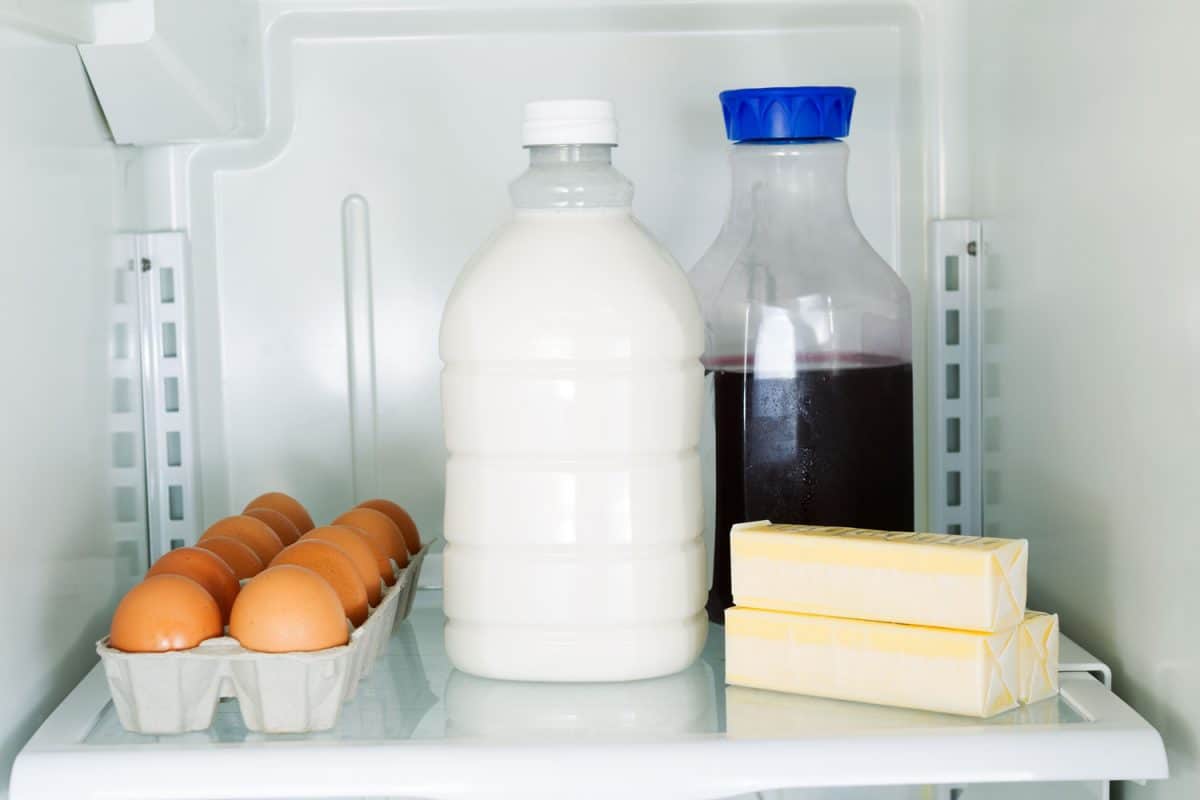
In short, yes. Salt acts as a natural preservative, giving it a longer shelf life than unsalted butter. As we mentioned earlier, salted butter has a shelf life of approximately five months, while unsalted lasts three months. For optimum freshness, keep your butter in the refrigerator. Store it in a butter dish or wrap it tightly in paper or plastic to avoid dryness and odor absorption. Adequately covered, you can keep salted butter on the countertop for up to one week!
Click here to see this butter dish on Amazon.
To make butter last even longer, try freezing it! Tightly wrapped salted butter will last for up to 12 months frozen, while unsalted will last for about six months.
The Takeaway
With its mellow flavor and pure ingredients, unsalted butter is the best choice for baking. It gives you total control of the recipe by letting you adjust the salt content to your liking. Next time you whip up a tasty dessert, reach for the unsalted butter and see for yourself what a difference it can make!
For more kitchen know-how, be sure to read:
Are Convection Ovens Good For Baking Cakes And Cookies?
Do Convection Ovens Cook And Bake Faster? [Including Typical Cooking Times For Common Dishes]



